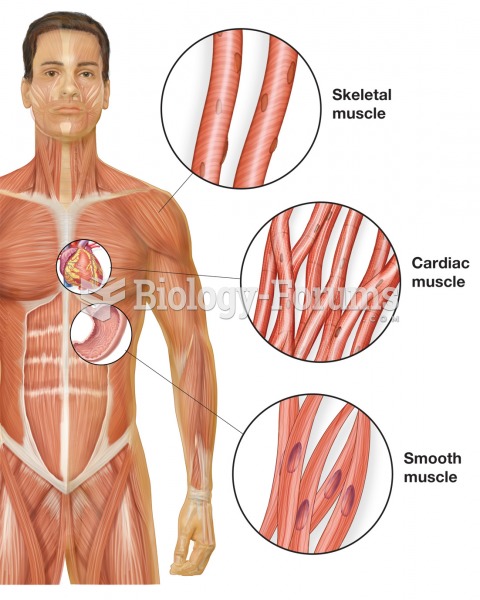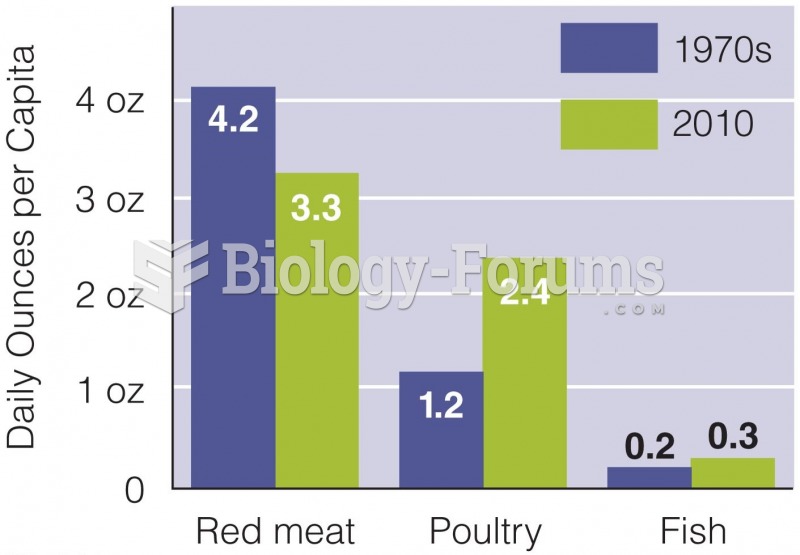Answer to Question 1
A tariff, or duty, the most common type of trade control, is a tax that a government levies on a good shipped internationally. If collected by the exporting country, it is known as an export tariff; if collected by a country through which the goods have passed, it is a transit tariff; if collected by the importing country, it is an import tariff. The import tariff is by far the most common. Import tariffs primarily serve as a means of raising the price of imported goods so that domestically produced goods will gain a relative price advantage.
A tariff may be protective even though there is no domestic production in direct competition. Tariffs also serve as a source of governmental revenue. Import tariffs are of little importance to large industrial countries, but are a major source of revenue in many developing countries. Transit tariffs were once a major source of revenue for countries, but they have been nearly abolished through governmental treaties. A government may assess a tariff on a per-unit basis, in which case it is a specific duty. It may assess a tariff as a percentage of the value of the item, in which case it is an ad valorem duty. If it assesses both specific and an ad valorem duty on the same product, the combination is a compound duty. A specific duty is easy for customs officials who collect duties to assess because they do not need to determine a good's value on which to calculate a percentage tax. Because an ad valorem tariff is based on the total value of the product, meaning the raw materials and the processing combined, developing countries argue that the effective tariff on the manufactured portion turns out to be higher than the published tariff rate.
Answer to Question 2
Businesses trying to internationalize their operations frequently make mistakes because they fail to obtain information vital to their success. Managers that are ignorant of basic geography, market characteristics, culture, and politics may cause a company to lose profits or even cause a venture to fail entirely. Managers need to understand linguistic and cultural ties, past political associations, and military alliances, and how they shape world trade and investment patterns, and the opportunities available to companies. Often the single most important piece of information needed by international businesspeople about a country is its income level. Income levels provide clues to the purchasing power of residents, the technological sophistication of local production processes, and the status of the public infrastructure.







